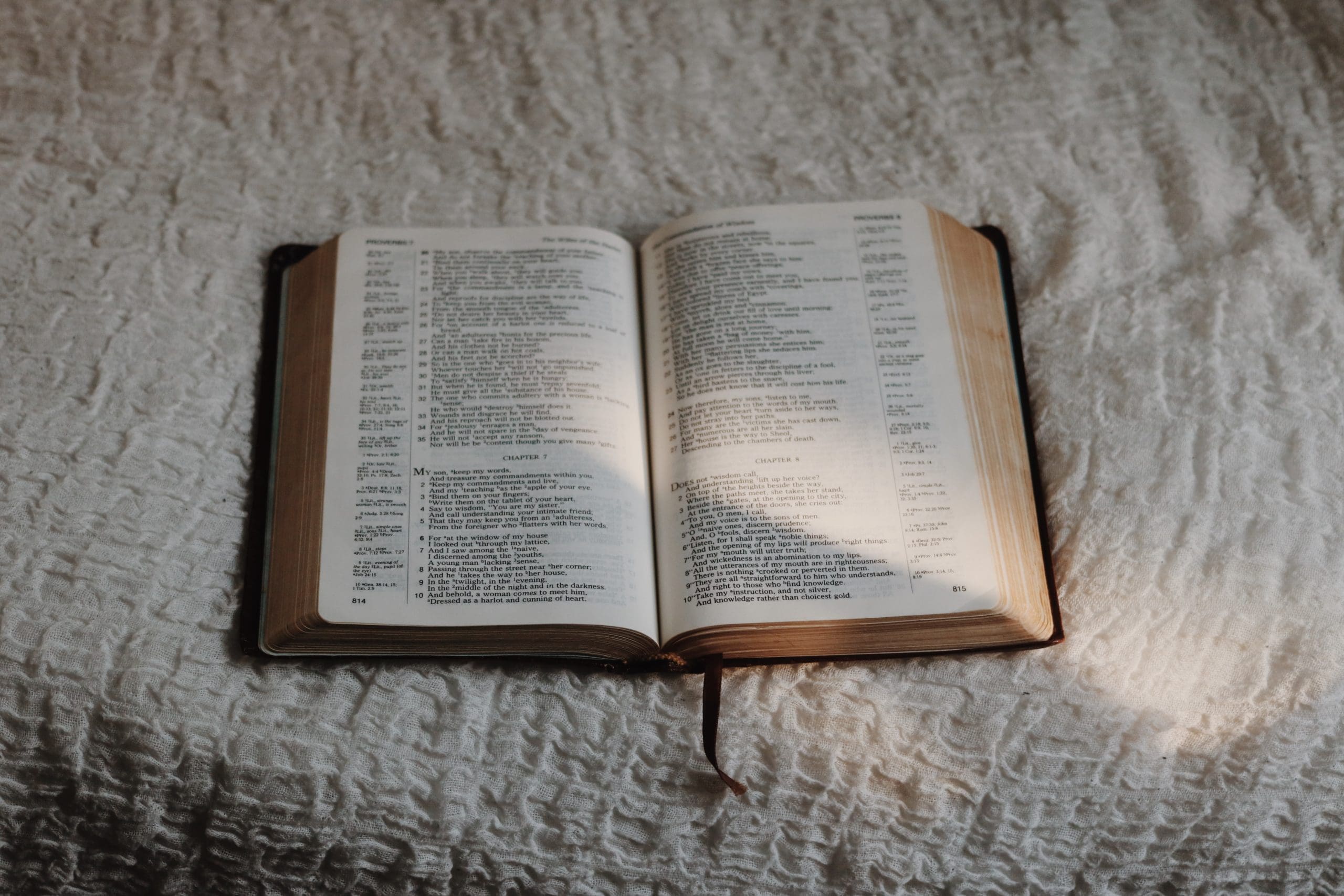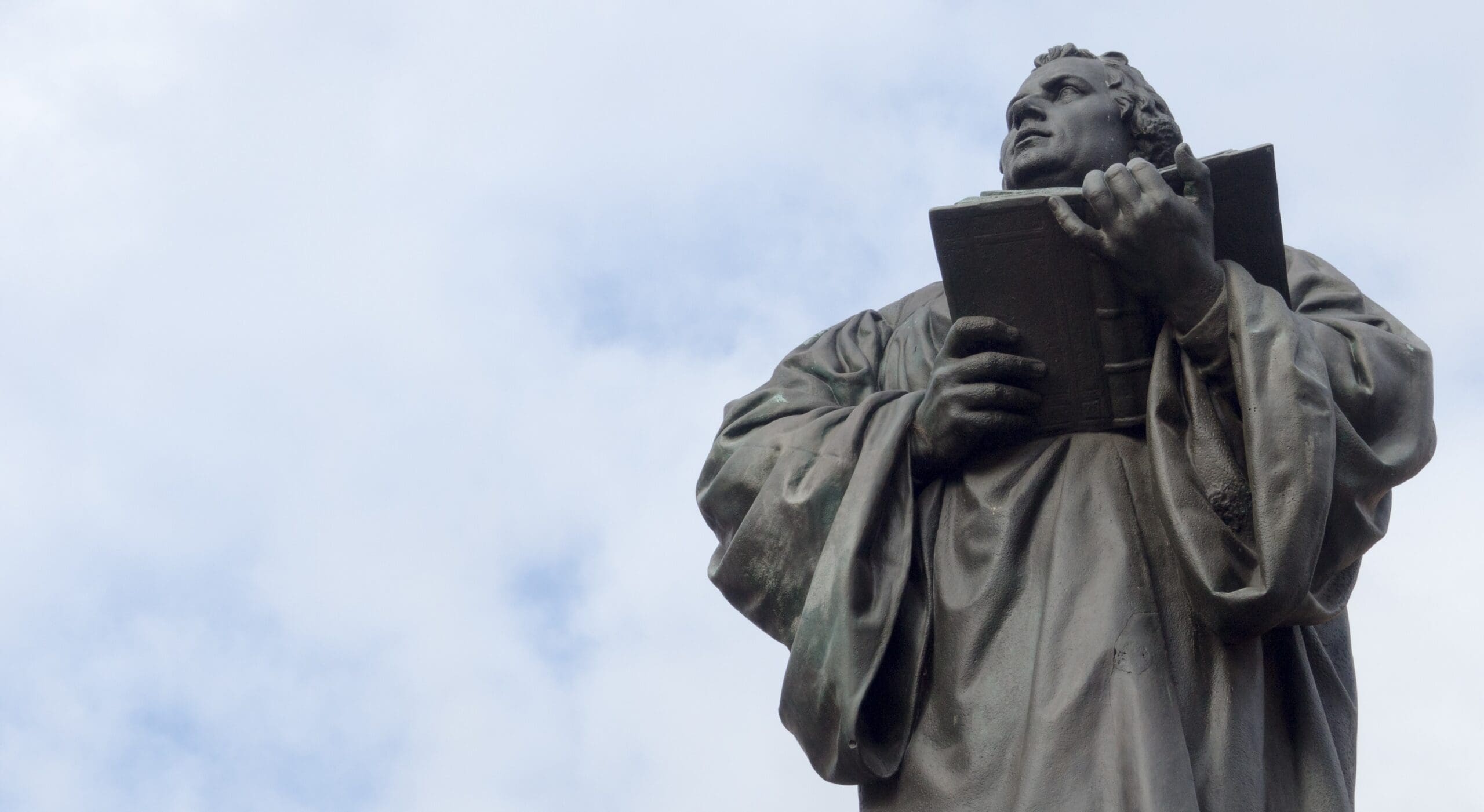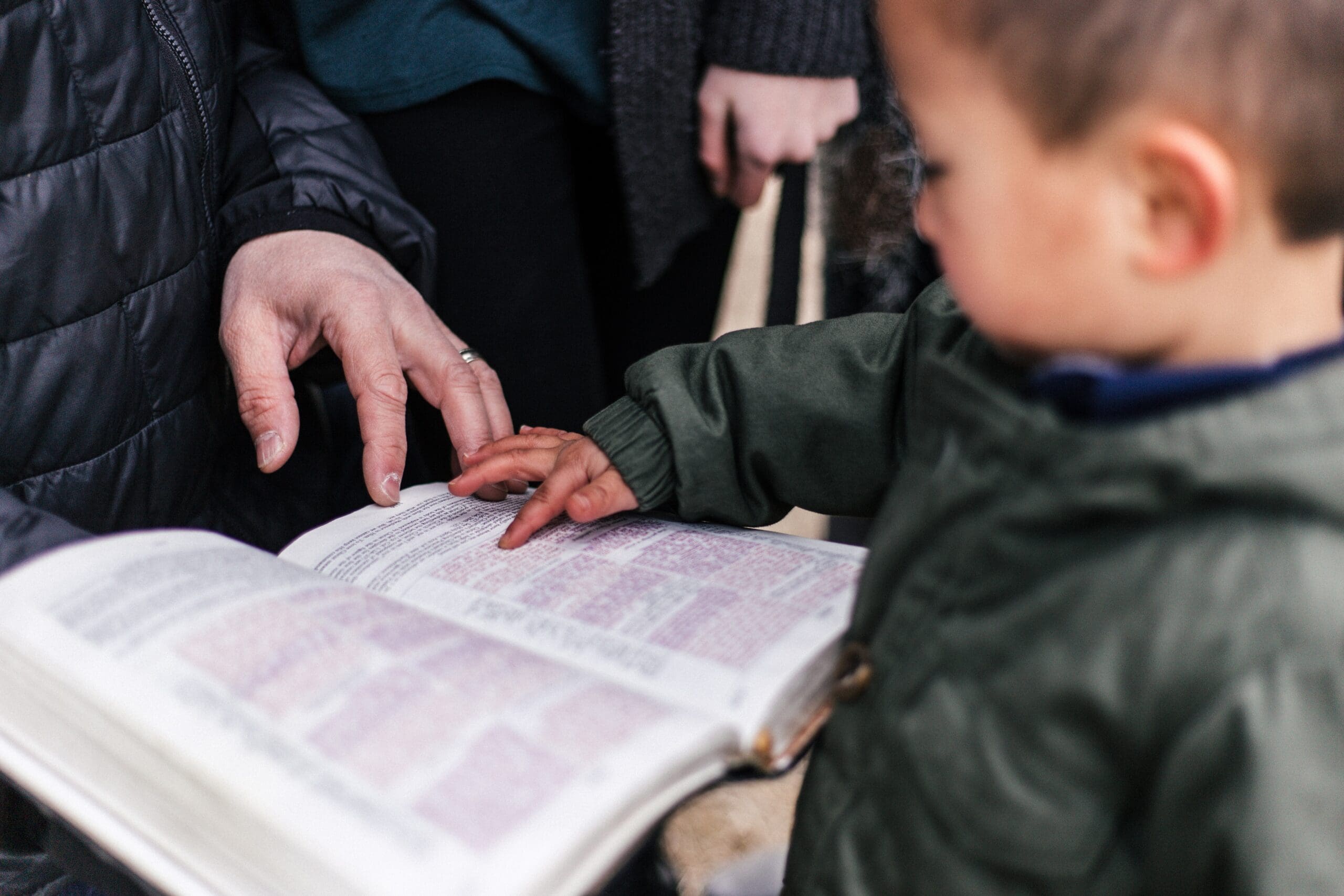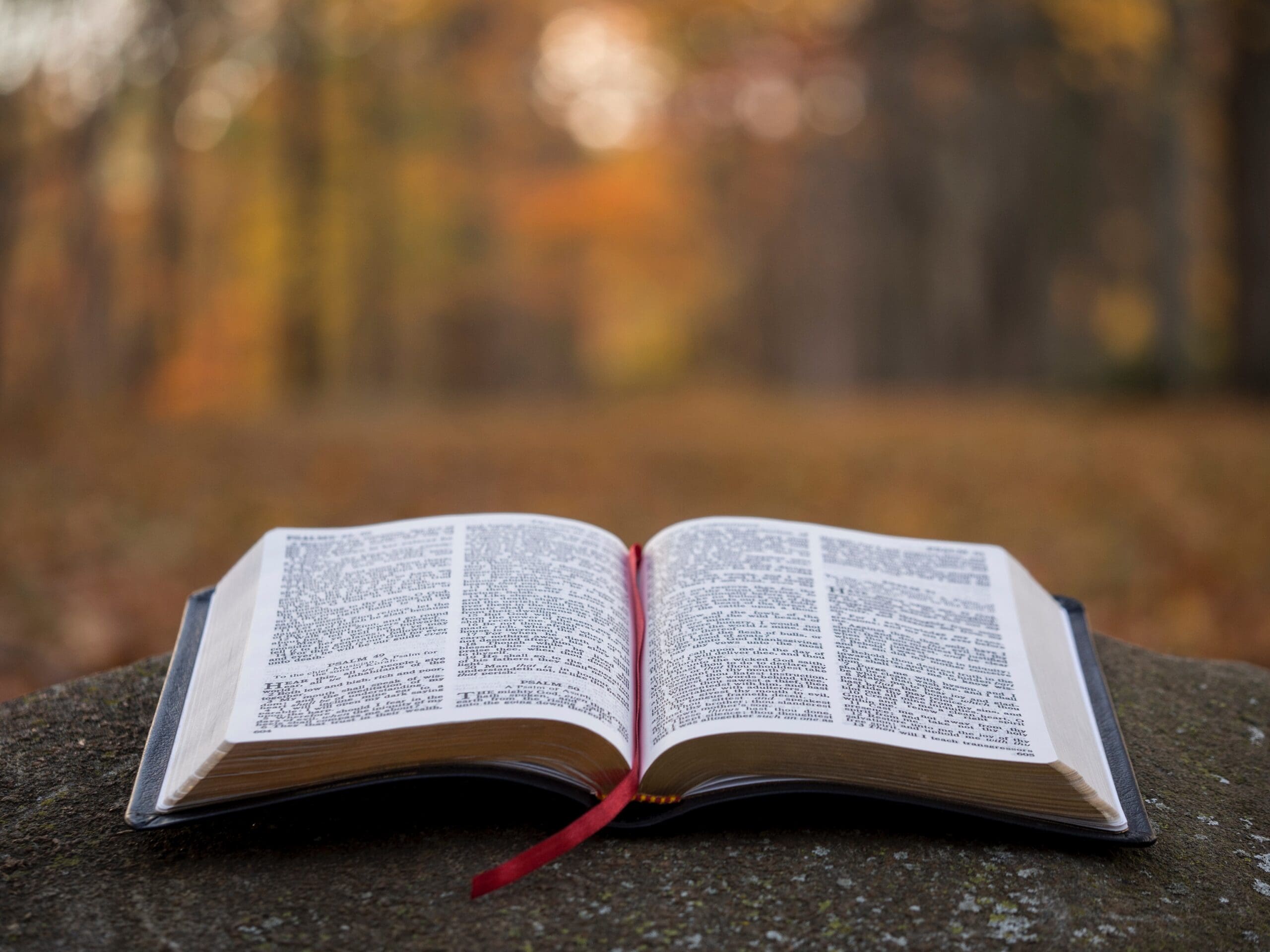Exodus 20:8-11
Did you know that the Bible not only encourages rest, but in Exodus 20:8-11, God commands that the Israelites remember to sabbath, meaning, set apart a day for rest and worship? In fact, Sabbath is the Hebrew word for ‘ceasing,” or stopping day” (DeYoung). Pastor Tony Merida says, “While there are a number of views on what it means to keep the Sabbath today, it seems that the focus is on rest, remembering, and worship. God’s people are to remember God’s creating and redeeming work and God’s rest.” Some may even go as far as to think that since the fourth commandment is in the Old Testament, it must not or doesn’t apply to Christ-followers. God’s commandments, however, are timeless, and they do not expire. The challenge is for believers today to make sure they set aside time to honor, worship, and rest in God.
Sabbath Rest In The Old Testament
It is in the Old Testament where God’s command, “Remember the Sabbath day, to keep it holy. Six days you shall labor, and do all your work, but the seventh day is a Sabbath to the Lord your God (Exodus 20:8-10). Also, God reminds His people to set apart a day for worship and rest, but not work. Of course, the Exodus account of the Ten Commandments is relational to the Deuteronomic roots with Sabbath, meaning in regard to Israel’s freedom from slavery. “The Sabbath, then, is grounded in both creation and redemption. It is a sign of God’s creative purposes and saving grace” (DeYoung). Remembering the Sabbath, then, means recounting that God is the Creator and that He is the one Who brings redemption. There would be no creation without Him, and there would be no salvation if it were not for Him. Because of that, believers can pause their activities and schedules, worship Him, and acknowledge who He is and what He has done. Historically, the strict religious Jews had many rules in their observance of the Sabbath. For instance, some of the rules banned any type of work. While scholars declare that it is never clearly defined, some banned sabbath activities include cooking, traveling, trading, or work. “The Talmudic rabbis listed 39 major categories of prohibited work, including agricultural activity (e.g., plowing and reaping)” (Britannica). Though taken to extremes with their rules, namely, the very strict religious Jews, the thought of truly honoring God, worshiping God, and resting in God on the Sabbath day is much to be pondered.
People’s Lives Are Busy
Many people would scoff at the idea of taking a rest and setting aside time for worship. With a plethora of things to do and so many calendars filled to capacity, one could hardly consider taking a day to rest and worship. “Maybe God understands that we won’t stop and rest unless He commands us to” (DeYoung). Importantly, God has instructed in the fourth commandment to remember the sabbath day and on that day to set aside time for Him. Professor Kevin DeYoung states, “The only calendar God gave to the church is the seven-day calendar that culminates in a day of worship and rest.” Essentially, remembering the sabbath means recollecting, reflecting upon, and remembering God and His saving grace and provisions and then putting it into practice. It is practically put into practice by setting aside a time for worship and resting in Him. It is ceasing to do the “to do” list that normally takes our time up during the week and setting aside a proper time to worship and focus on God. According to DeYoung, “We rest so that we might be free to worship God; and we give God worship, in part, by trusting Him enough to rest.”
Contemporary Restful Thinking
The majority of people today have differing opinions about God’s commandments. Some think they are out of date, while others try to follow them as best as they can, in conjunction with their culture. Kevin DeYoung writes, “When people think of the fourth commandment, they quickly jump to practical questions of scrupulosity: Can I go out to eat on Sunday, Can I watch football on Sunday? Can I take a nap on Sunday, or, Do I have to take a nap on Sunday?” Other questions may include, “Can I take a bike ride?” Or, “Can I go hiking and enjoy God’s creation?” How does a Christ-follower, living in the twenty-first century, truly set aside time for the sabbath, meaning worship and rest? The simple answer is “Yes,” a person can worship God on a Sunday and can go on a hike and enjoy His creation. A person can set aside a time to worship God and rest in Him. The problem comes when one is slamming their calendar with so many things that they inadvertently are rushing to get through a worship service to get to their next activity or “have to do” list. In that situation, God is not truly being worshiped as much as He is on a checklist of things to get done. Remember DeYoung’s quote from above: “We rest so that we might be free to worship God; and we give God worship, in part, by trusting Him enough to rest.”
What Not To Do
What are some things not to do? J.I. Packer answers by stating, “Not by a frenzied rushing to pack a quart of activity into a pint pot of time (a common present-day error), but by an ordered lifestyle in which, within the set rhythm of toil and rest, work and worship, due time is allotted to sleep, family, wage-earning, homemaking, prayer, recreation, and so on, so that we master time instead of being mastered by it.” Essentially, the bad example is having our lives so filled, which is normal in this day and time, that it becomes difficult to set aside time to truly focus on God and rest in Him. In a sense, many tend to give God the “crumbs” of their leftover calendar schedule or try to squeeze Him into their already slammed calendar. This is not God-honoring at all, nor is it what God requires. To best honor Him, a rhythm of work and rest is needed, not to mention some calendar disciplines as well.
Many contemporary Christ-followers were raised differently, meaning some families did nothing on Sundays except attend church, while others attended church, played on teams, mowed the lawn, went grocery shopping, etc. However, it still comes down to setting aside time to worship God and rest in His provisions. Historically, there were people who wouldn’t do anything on the Sabbath day; however, over time, differing opinions surfaced. People debated what could, or could not, be done on the Sabbath. As mentioned, some even went as far as not to cook and even take a leisurely walk. Yet, others treated the day as if it were a day comprised fully of entertainment and activity.
Conclusion
Tony Merida says, “I think the responsibility that is laid on us is to follow the biblical pattern of working six days and resting and worshiping one day.” Accordingly, J.I. Packer states, “Few of us, perhaps, take the fourth commandment as seriously as we should.” It is very hard to take it as seriously as we should in our culture and society. The world chases after so many things, success, getting ahead, making another dollar, or whatever could be slated here, but as J.I. Packer says, few take the sabbath seriously. There are differing opinions as to how that is practically done in our culture and society. Regardless, taking time to worship and rest in Him is vital. Think about it, how can a person say God is important in their life but can’t seem to truly find time to worship and rest in Him? In doing so, Christ-followers model for others what it means to worship Him and rest in His provisions. Furthermore, it is a great witness and testimony to a world that desperately needs Jesus. God is worthy of our time, so it is important for believers to set aside time to worship Him and rest in Him.
Questions
How are you observing a Sabbath unto God?
Do you set aside a time of the week to worship God, for instance, worshiping with other believers on Sundays? Are you trusting in Him to rest on that day and worship Him?
What are your plans to set aside time to worship God and rest in His provisions in the coming months? How does your calendar need to be rescheduled so that you can worship God with other believers and rest in His provisions?
Resources
The Sabbath https://www.britannica.com/topic/Jewish-religious-year/The-Sabbath
Kevin DeYoung, The Ten Commandments: What They Mean, Why They Matter, and Why We Should Obey Them.
Tony Merida, Christ-Centered Exposition: Exalting Jesus In Exodus, Holman Reference.
Philip Graham Ryken, Written In Stone: The Ten Commandments and Today’s Moral Crisis








